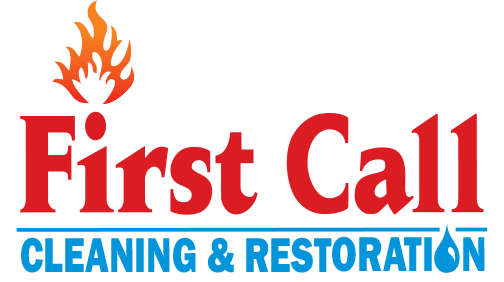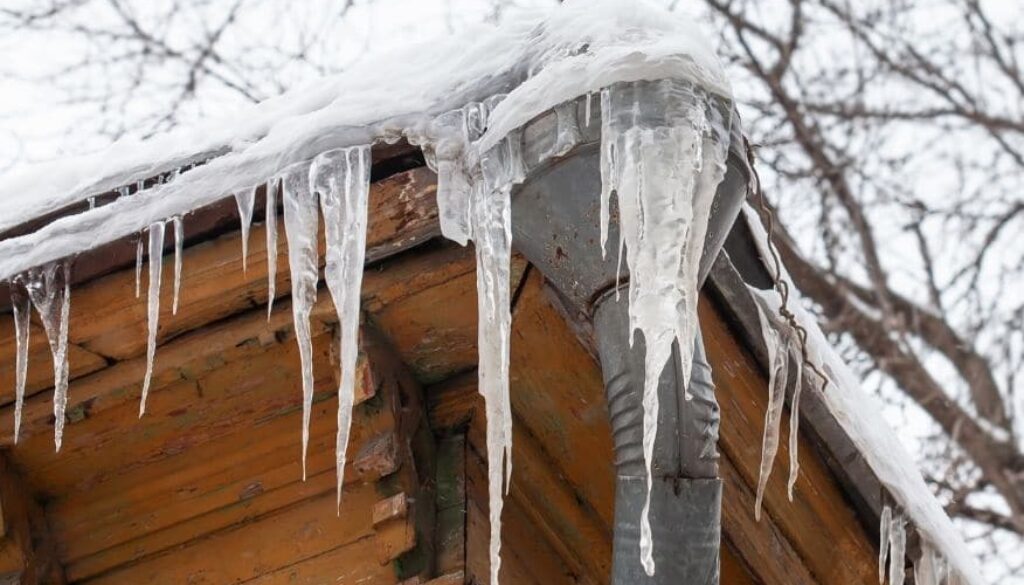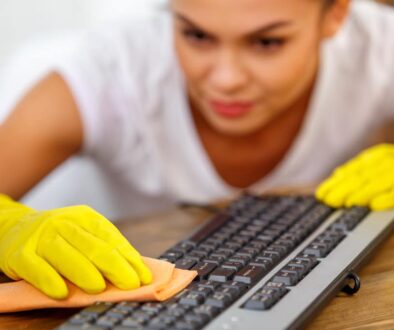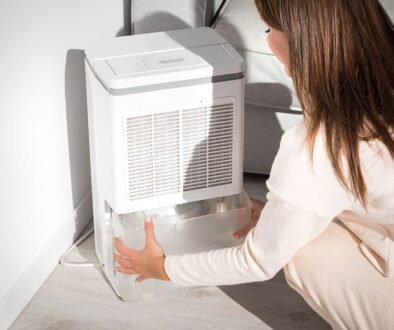When cold weather comes to North Carolina, it brings both magic and mayhem. Along with holiday cheer comes freezing temperatures that can wreak havoc on your pipes. Any pipes that are in unheated spaces are susceptible to freezing. If they freeze, the damage can even impact the connected pipes that are inside your house.
When the temperatures start to drop, there are a few easy things you can do to keep your pipes from freezing and bursting. But remember, whether you’re in Raleigh or Winston-Salem, or anywhere in between, if a break does happen, First Call is ready to help you clean up the water before it causes bigger problems.
What Causes Pipes to Burst?
You may be wondering what causes pipes to burst at all. There are a few things that can cause this, including:
- Corrosion
- Outdoor Changes, like tree roots and soil shifts
- Clogs
- Loose or Incorrect Pipework
- Frozen Water
Frozen water can get the best of pipes that have none of the other problems in the list. This is why burst or broken pipes are the most common cause of property damage during winter seasons. Luckily, there are few things you can do to prevent this from happening.
How To Prevent Pipes Bursting in Cold Weather
How do you avoid the costly damage that comes with burst pipes? The following three things can help:
Protect Pipes From Freezing by Draining and Insulating
Pipes that are in unheated areas of the house, including attics, garages, and outdoor hoses, are going to be the most vulnerable to cold temperatures. Wrapping the pipes in insulation and covering outdoor spigots can make all the difference.
It is also important to drain hoses and other outdoor pipes that will not be in use during the winter. Even a little frozen water in an exterior hose can affect your interior pipes. The built up pressure from the frozen water can stress the pipes inside and cause them to crack or burst as well.
Keep Things Open and Moving
When the temperatures outside drop below 32 degrees Fahrenheit, open your cabinets and let your pipes drip! As crazy as this may sound, allowing the heat in your house to move past the pipes under your faucets can keep them just warm enough to prevent freezing. Keeping a slow trickle of water moving can also help.
Turn Off the Water While on Vacation
If you are going out of town, turn off your main water valve, either inside your home or in the ground near the street. During the cold seasons, unpredictable cold snaps can happen any time, especially in the Triangle or Triad. If one occurs while you are out of town, the impact on the pipes in your house can be catastrophic. Without you there, the house may be colder than usual and the water sitting longer than normal.
If you turn off the main water valve then run the faucets until the water sitting in the pipes has drained, your house will be less vulnerable while you’re away.
What To Do if a Pipe Bursts
If you have a pipe burst, don’t panic. The following steps can help minimize the damage:
- Turn off the water valve to stop water from flowing out of the break.
- Turn on a sink or tub to relieve pressure from the broken pipe.
- Call a professional water damage restoration company as soon as possible, so the water can be removed before it causes a bigger problem.
- Call your home insurance provider. Breaks from frozen pipes are considered accidental damage and are usually covered!
Water Damage? Call Us First
No matter how much water has escaped, there is still hope for restoring and recovering your home. First Call offers guaranteed water damage cleanup and restoration throughout central North Carolina. We can remove all the excess liquid, dry out your floors and walls, inspect the impacted areas for excess moisture, and leave your home safe from the additional threats of mold and decay.
Find out why North Carolina calls us first! Read our testimonials and request a free quote today.




